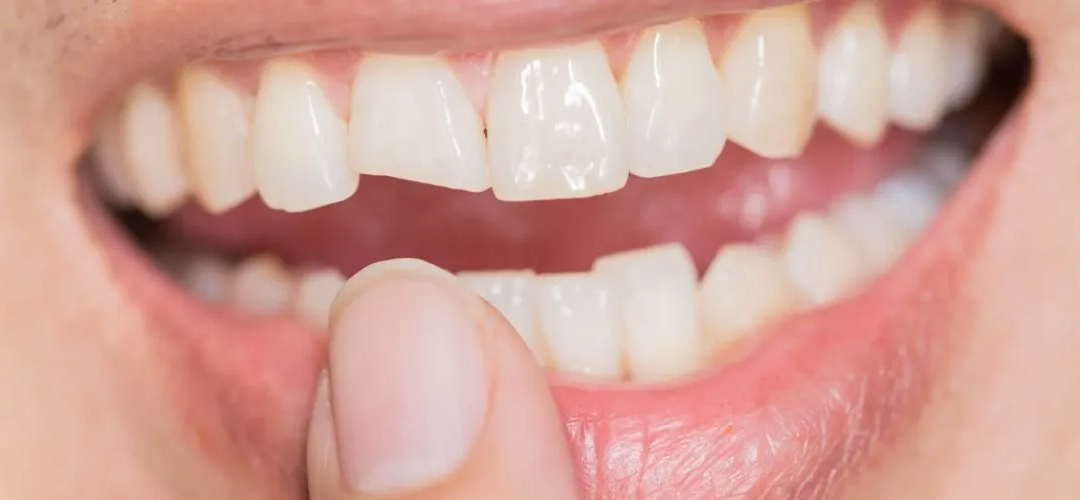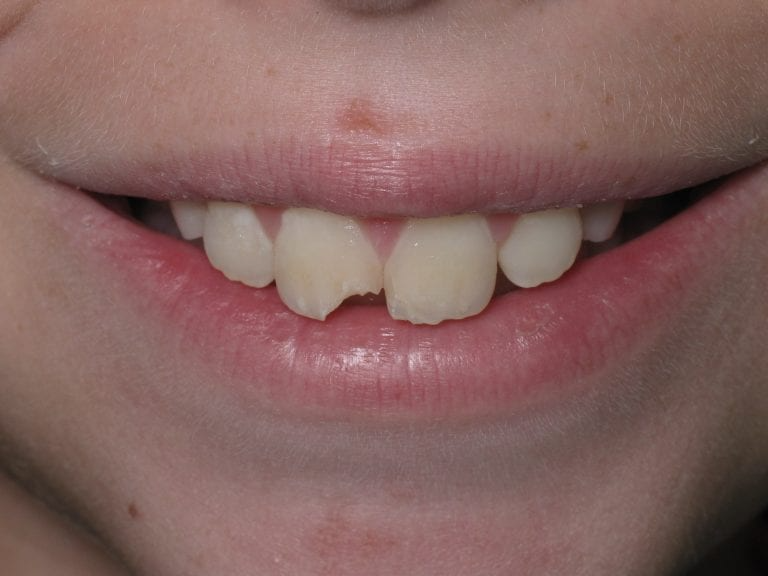
by ks-conyers | Jul 18, 2024 | General
Struggling with dental pain? Learn about effective dental pain management techniques to find relief quickly. From common causes to prevention tips, this blog post covers it all. Don’t ignore dental pain – seek professional help for immediate relief and long-term oral health. #DentalPainManagement

by ks-conyers | Jul 18, 2024 | General
Are you prepared for an Immediate Dental Care emergency? Seek prompt professional help for issues like broken teeth or severe toothaches to prevent complications. Learn more about types, signs, and causes of dental emergencies to ensure you’re ready for any situation. #ImmediateDentalCare #DentalEmergency

by ks-conyers | Jul 18, 2024 | General
Dealing with a broken tooth can be painful, but there are ways to manage the discomfort. Avoid hard foods, rinse with warm salt water, and consider over-the-counter pain relief. Remember to seek professional care to prevent further damage. #BrokenTooth #DentalCare #PainManagement

by ks-conyers | Jul 18, 2024 | General
Experiencing severe dental pain? Your dentist will assess, provide relief, and create a treatment plan. Learn pain management techniques, soft food diet suggestions, and over-the-counter options. Avoid certain foods and drinks, maintain proper oral hygiene, and watch for signs of infection. Seek emergency dental care if needed. #SevereDentalPain

by ks-conyers | Jul 18, 2024 | General
Chipped a tooth? Seek professional help immediately in Conyers. Don’t ignore the pain – rinse with warm salt water and avoid hard foods. Contact emergency dental services for immediate care. Learn more about managing a chipped tooth on our blog. #ChippedTooth #ConyersDentist

by ks-conyers | Jul 18, 2024 | General
Experiencing an emergency toothache? Severe pain, swelling, or fever may indicate a serious issue. Seek immediate dental attention to prevent complications. Call to schedule an appointment with a dentist. Read reviews on Google Maps for Emergency toothache relief.






